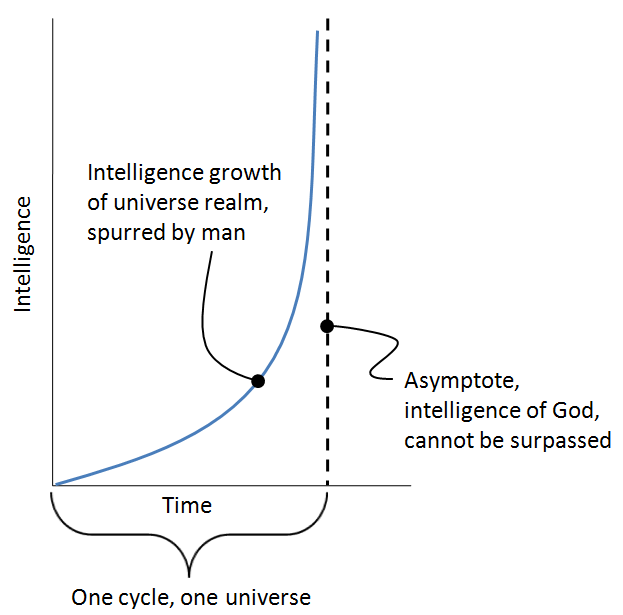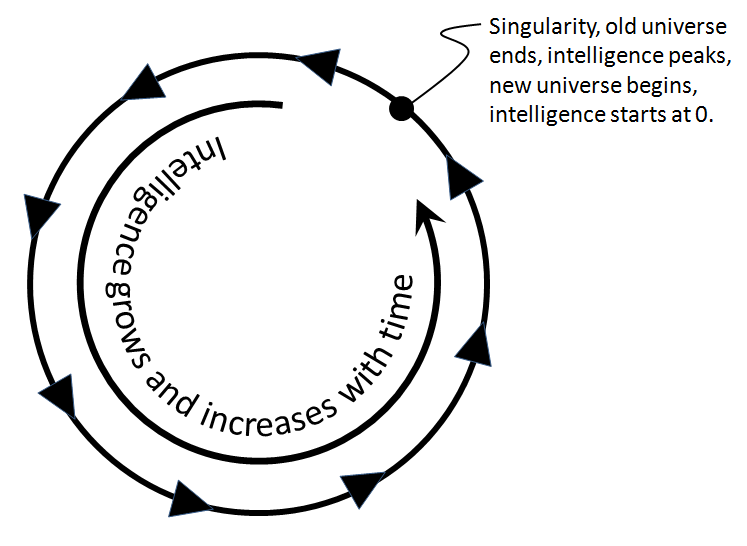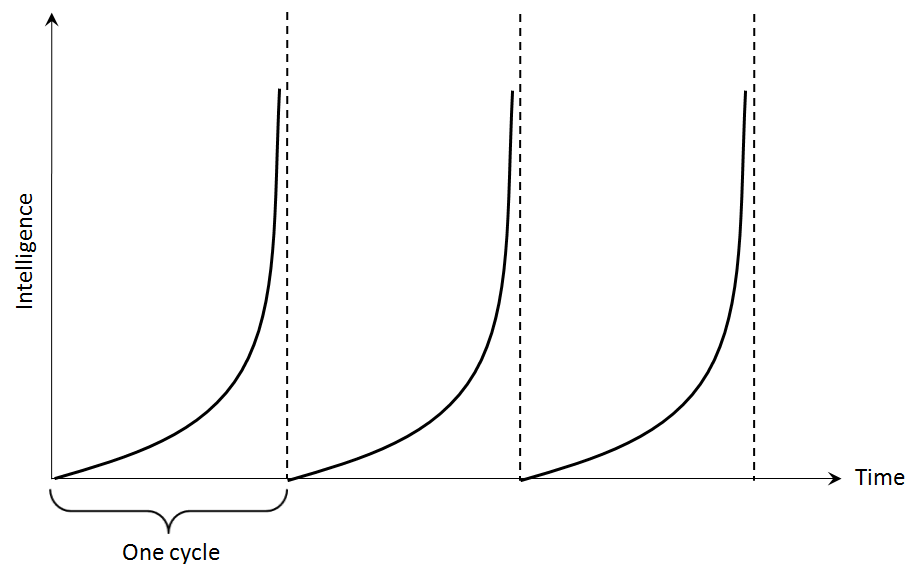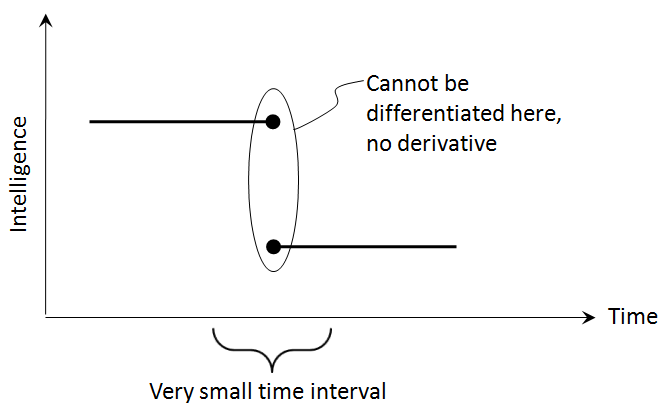God
Chance, probability, fate
Destiny
God’s will
Control
Sometimes what one wants for oneself, may not necessarily be the best thing for oneself. If one prays for something, it may not be a very good wish to God. On what basis does God judge whether or not to ‘grant’ a person’s prayer or ‘wish’.
People pray to God, ask God for things. Is God like a genie in a bottle, where one prays to God to ask for things? I don’t assume that is the way God would want His creation to view Him.
There are people who look to explain questions about God by going to the Bible. There are people who say, if you have a question about God, you can find the answer in the Bible.
Why would God exist?
How does God exist?
How did He come to be?
Why would He create the universe?
Why would He create us?
Was the universe and everything in it created for us humans?
Most things have the ability to be explained, yet when you go deep enough, it seems that no matter how much you examine, these things cannot be explained.
We humans are like Gods’ little bugs. He has absolute control over us, we have absolutely no control over Him. He can do with us as He wishes.
We are in his glass, and he can watch us, and we have freedom to an extent.
Why is there God? Heaven? Universe? People?
If we were put here to worship God, then why do we have such intelligence?
Is the Universe an illusion, the stars, galaxies, cosmos?
Does the universe exist for the sole means of acting as a front to convince us we exist in a tangible realm?
Is Earth in a sense, the center of the universe, where everything exists only to convince us of a reality? Us here on Earth?
Only God knows the reason behind the allocation of pleasure, pain, and indifference to every human that was, is and will be.
Assume that God is a System
GOD – who is everything that is and is not
The singularity of intelligence is the same singularity of which the big bang stems.
The intelligence of God = infinity at all points in time. The intelligence of God is limitless, has no limits.




Assume that God is a System
Assume that God is a System. God is the All Comprising System.
Is there fate? Is there destiny?
If God has the power to mold, shape, and sculpt us, then what power do we have?
Nothing within a system is more powerful than the system. Even a leader can be engulfed and digested by the system if the system chooses to do so. A leader may have great power over components within the system, but is not more powerful than the system.
So perhaps God is the All Powerful, All Encompassing System. We are but components of the system. We are parts of God. God is all that is. Therefore, we have the freedom to move about the system, but the system can choose to come after us or make us a target.
Perhaps there may be a unique situation if an entity were to come to the point where it could begin making itself smarter exponentially, in which case it would be able to engulf the system. It would assimilate the system. It would keep expanding outward, engulfing, or assimilating, systems. But it would not surpass God, the Ultimate, All Knowing System. But as the Entity engulfed and assimilate systems it would continually become a larger and larger part of God.
You think you are in the driver’s seat, but really it is God who is in the driver’s seat – you are just along for the ride.
Why would God create people?
Why did God create us?
To worship him?
Why?
Does everything have to have a reason?
Sometimes people get frustrated because things do not work out the way they want.
Sometimes things keep on not working out for a person
Sometimes we have problems that seem persistent, ever-present
Are things that you want to happen going to happen if you don’t try? Probably not.
What if you try and things still don’t work out the way you want? Try harder
What if you try harder, and things still don’t work out the way you want?
It is presumed that God is the almighty power. He has the power to do anything, to make anything of anyone. What if you try so hard at something, but God doesn’t want that for you? Then does it not matter how hard or how much you try. Because God has the upper hand anyway?
Does everyone have their own special purpose of existing? Does everyone play a special part in God’s grand scheme of things, even those who do evil? It says in the bible that God wills certain people to harden their hearts, for example Pharaoh against Moses. Does this mean also that God wills people to do evil?
Setting Goals
What if there are goals you set for yourself but they are not goals God wants you to achieve? How do you know if your goal is one that God wants you to achieve or not?
What if you set a goal, and work and work towards that goal, but feel like you aren’t making any progress?
An analogy
As a whole, and assuming with respect to most individuals, God does not let us know why – why things happen the way they do in our life. Why not? What is this like? God to his children – mankind – is like a parent to a child. If a parent scolds a child, and tells the child not to do a certain thing, but does not explain why, that child is going to be confused. This is just as God, who does not explain to his children why he lets things happen to us they way they do, and does not explain to us why. This leaves us confused. This is why there are so many different religions and beliefs, for example – and thus, so many wars – because God does not tell us why. If God told us why, there would not be all the killing, violence, and destruction, because we would not be confused. See, confusion leads to conflict. Internal confusion leads to internal conflict and internal conflict may be projected outward in the form of violence. God is the almighty and has the almighty power over us – his children. Therefore, as he lets things happen to us and does not explain why – it is just like a parent disciplining a child without explaining why – it will only lead to confusion, and if it is a continual process of disciplining without explaining, then it will lead to violence.
Control, Destiny, Fate
If God has ultimate control, then why bother doing anything, why make an effort at life, if God is going to do with you as he wishes, then why bother doing anything? But the what will happen if you stop doing anything? Then you will probably become a homeless bum. So it appears as if we have control over our lives. Or maybe if we stop doing anything, it is because God wanted it that way. Or if we keep on trying, it is because God wanted it that way. If God is all knowing, knows all, then God knows the future. So in a sense, our fates are known, and already planned out, and determined? How hard or how little one tries in life, may determine the outcome, but maybe it is God who decides how hard or how little we are going to try in the first place.
But, sometimes, even if we try hard, we will fail, then we may get discouraged and quit, or we may keep on going.
What is interesting is that you have so many people, each coming to their own unique conclusions and developing their own unique interpretations on particular topics.
One’s interpretation of the world is based upon one’s predetermined mental configuration and the environment one experiences over time.
Is there a correlation between one’s thought, word, and deed and the things that happen to a person? Does God react to people based on their thought, word, and deed? Does God in a sense assume a disciplinary role over his creation? Does God punish?
Good intention, bad intention, feelings, emotion, nothingness.
If there is a world full of people with deep feeling and emotion, but they exist within a small, opaque, sphere, and an observer from the outside did not know this, and would have no way of ever knowing, then what significance would anything going on inside the sphere be to the observer? It would just be a small, opaque, sphere to the observer and nothing more.
Destiny and Fate - Some Definitions
Fate – The development of events outside a person's control, regarded as determined by a supernatural power. Something that unavoidably befalls a person; fortune; lot: It is always his fate to be left behind. The universal principle or ultimate agency by which the order of things is presumably prescribed; the decreed cause of events; time: Fate decreed that they would never meet again. That which is inevitably predetermined; destiny: Death is our ineluctable fate. A prophetic declaration of what must be: The oracle pronounced their fate.
Destiny – The events that will necessarily happen to a particular person or thing in the future. The hidden power believed to control what will happen in the future; fate. something that is to happen or has happened to a particular person or thing; lot or fortune. The predetermined, usually inevitable or irresistible, course of events. The power or agency that determines the course of events.
Predestination in its broadest conception is the doctrine that because God is all-powerful, all-knowing, and completely sovereign, he “from all eternity did by the most wise and holy counsel of His own will, freely and unchangeably ordain whatsoever comes to pass,” (Westminster Confession). “In him we have obtained an inheritance, having been predestined according to the purpose of him who works all things according to the counsel of his will” (Ephesians 1:11).
It can be tempting for one to use the concept of fate or destiny as an excuse for the things one does, or the things that happen to oneself. If one learns to use that as an excuse, then one may be finding oneself being subject to those same negative behaviors because that excuse and those behaviors will continue to reinforce each other. While there may be such thing as fate and destiny, one should go about life as if they do not exist, and live with the belief that one has free will and the ability to change one’s life based on the effort put into it. Only in this way can one have the chance of actually succeeding and become better than the way one is in the present.
If God has knowledge of all that was, is, and will be, does that mean that there is fate and destiny?
Failure and Putting Things in Perspective
I get very discouraged when I keep failing. That makes me mad, angry. I get angry. I ask God why I keep failing. Then I acknowledge the fact that God could do anything with me He wants. God could really put me in a position. God could make me blind, deaf, I could lose my arm, I could lose loved ones, things could happen to them, they could get diseases, I could get diseases, things I own could get destroyed, stolen, people could hate me, want to destroy me, I could have enemies, God could do things to me to make me really appreciate what I have now. But who’s to say I don’t appreciate what I have. But I want to succeed. What’s wrong with wanting to succeed? And, when one continually fails, how should that not affect one’s thinking? So do you attempt to make achievements in life without really caring about them, without really caring if you succeed or not, because if you don’t you will still have other things to be proud of and appreciative for? I look at what I don’t have. I look at what I have. If one is satisfied with what they have, they are then content, and should have no reason to pursue anything? One says, “why do I keep failing God?” But then, what could God say? God could really destroy you, then how would you feel? So when you pursue things in life, work towards things you want to achieve, how should you approach them? If one continually fails to achieve something that one is working towards, should one have no concern about this? Should one not care, because one is appreciative of what they already have? One sets a goal for oneself, then, one tries to reach that goal. Maybe one tries, and fails. One tries again, and fails. One tries again, fails, again, fails, and so on. Does one get angry? Does one have the right to get angry? How does one achieve a goal when one repeatedly fails? Does one get angry? Does one ask God why they keep failing? What would God say? How would God respond? God can take away, or God can give.
God and Probability
Probability Dynamics
A statistic can follow some sort of normal distribution. But that normal distribution can be subject to change over time. And you can use the tool of probability as your weapon in predicting, but God is the ultimate deciding factor. God can make that change in probability and you can be the one that he uses.
For example, you can argue that 1 in every 10 million people get a certain deadly disease. You can then argue that you probably won’t get the disease. You have a 1 in 10 million chance of getting it. But God can decide that you are going to be that 1 in 10 million.
What I’m getting at is that God is more of a factor than probability. You can make all the arguments about a probability trend, but God can change that.
What I’m getting at then is: what is the true relevance of probability?
You can say that you have 1 one in 100 million probability of dying in a plane crash, or whatever the probability statistic is, but if God wants you to be that 1 in 100 million then that is all that matters.
But if you don’t fly, and God still wants you to die at a certain time, then you will just succumb by other means, like a disease, a car accident, or whatever.
Then, if it is believed that your life is in God’s hands, then why not attempt so-called death-defying stunts on a regular basis, like sky-diving, bungee-jumping, Russian roulette, the knife game, etc.?
I guess one must accept a comfortable and reasonable balance between God and probability, and to understand the relationship between God and probability.
Send me your thoughts at philosophical@scrollseek.com and maybe I will add them to the discussion here.
Order and Disorder
Order, chaos, disorder
Humans as a collective whole tend to strive for order
We live in a universe of disorder
Order occurs naturally without the aid of man
It is easier to create disorder than order
Some people seek disorder
It is relative to judge whether something is in order or chaos
Why would God create a universe of disorder and place within it beings that strive for order?
Why not create a universe of order and place within it beings that strive for order?
A level of order can take years/decades/centuries to achieve and a split second to destroy and bring it back to the start
God's Perception, Matrix
What if there were two separate beings, but they shared one mind, so that everything that one experienced, so did the other, and vice versa. Therefore, they could have double the experience that a normal human could. The mind could be in two places at once, see two different places simultaneously. Experience two different settings through the senses, simultaneously. What if this concept was extended to 100 people? Or 1000? What if God is embodied in all living beings? Furthermore, what if God is embodied in all animate and inanimate objects? God is all that is and is not? Perhaps then, God can experience all of us simultaneously. Think about this, the human can experience many different things simultaneously. A person can see, hear, touch, taste, and smell, all at the same time. We feel, through touch, surfaces, which can be thought of as grids that can consist of n number of nodes, or grid points. Why then, can this concept not be translated to the idea of God being able to sense what every human on earth is feeling, simultaneously?



